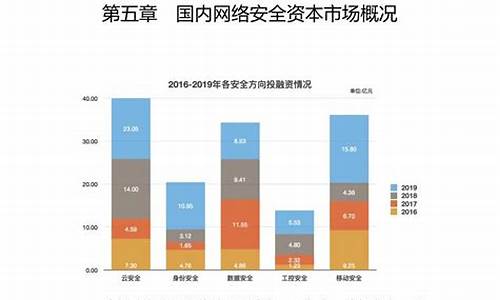网络安全行业分析(网络安全行业前景分析)
Introduction to the Cybersecurity Industry
The cybersecurity industry plays a crucial role in safeguarding digital systems and data against malicious threats. It encompasses a broad spectrum of technologies, practices, and policies aimed at protecting networks, computers, and sensitive information from unauthorized access, attacks, and damage. As digital transformation accelerates across industries, the need for robust cybersecurity measures becomes increasingly paramount.

Key Trends and Challenges
In recent years, the cybersecurity landscape has witnessed significant developments and challenges. One of the prominent trends is the rise of artificial intelligence and machine learning in threat detection and response. These technologies enable faster identification of anomalies and proactive defense mechanisms. However, they also pose challenges in terms of adaptability and evasion tactics employed by sophisticated attackers.
Another critical trend is the growing regulatory environment, with laws such as GDPR in Europe and CCPA in California setting stringent requirements for data protection and privacy. Compliance with these regulations not only enhances security practices but also imposes hefty penalties for non-compliance, underscoring the importance of robust cybersecurity frameworks.
The Future of Cybersecurity
Looking ahead, the future of cybersecurity will be shaped by advancements in quantum computing, which could potentially render existing encryption methods obsolete. Researchers are actively exploring quantum-resistant cryptography to mitigate this risk. Additionally, the proliferation of Internet of Things (IoT) devices presents new challenges, as these interconnected devices create a larger attack surface and often lack adequate security measures.
In conclusion, the cybersecurity industry continues to evolve rapidly, driven by technological advancements, regulatory pressures, and emerging threats. Organizations must adopt a proactive approach to cybersecurity, leveraging advanced technologies and adhering to best practices to mitigate risks effectively. By prioritizing cybersecurity, businesses can safeguard their operations, maintain customer trust, and navigate the complexities of the digital age.
下一篇




